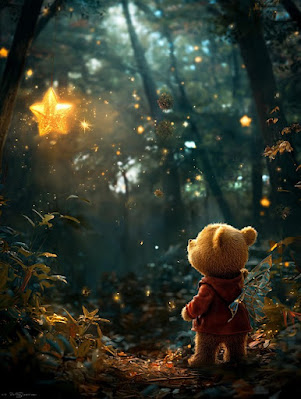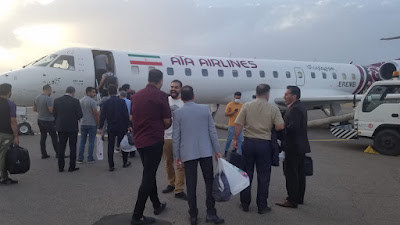Lazy Sunday
Couldn't sleep. Went to bed at 5 a.m. Got up late. It felt like most of my day was gone, but I feel rested. (image by jbooba)
I stretched. Had tea and toast. Listened to my favorite UFO expert on YouTube—DR. Steven Greer—talk about extraterrestrials. (image by Taryn Elliott)
Then I took a nap. This day reminds me of when I lived in Iran. Days felt much longer than they do in the U.S. Life was more relaxed. We took long afternoon naps. Snacked on ripe fruits. Played cards, chess, backgammon, and board games instead of computer games. (image by stevepb)
My dad didn't like my brother and I playing cards. He was always petrified that we would turn into gamblers. So, we always had a chessboard nearby, set up as though we were playing. When my dad would knock to come into our room, we would place the chess board on top of the cards sitting on the bed cover. I used to know all the games—Persian Pasoor, Black Jack, Poker, and many other ones. Nowadays, I don't know how to play any of it, well, except for Pasoor. (image by maverick63)
I'm going for a walk now, and probably grab a bite to eat at Panini Kabob Grill. I love their Tofu Kebab. So good. (image by jbooba)
Then I'll come back, wash the dishes sitting in my sink, do some laundry, put out the trash (trash day tomorrow), watch a movie, read a book, and call it a day.
So, there you have it. A humdrum day in a writer's life.
Update:
During my walk in Playa Vista, I ran into the above event by accident. There was so much energy all around with people chatting, kids playing, and musicians singing. Playa Vista does throw events as such sometimes. For me, it was a nice surprise.



































